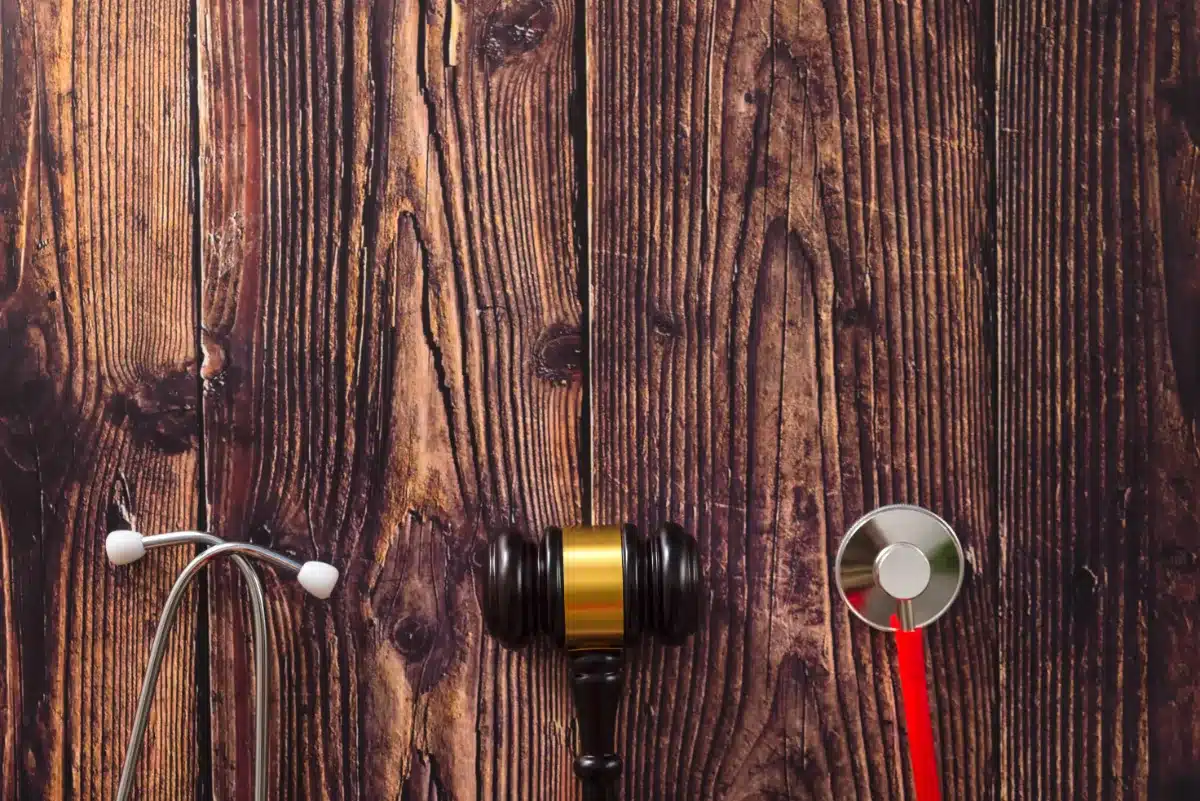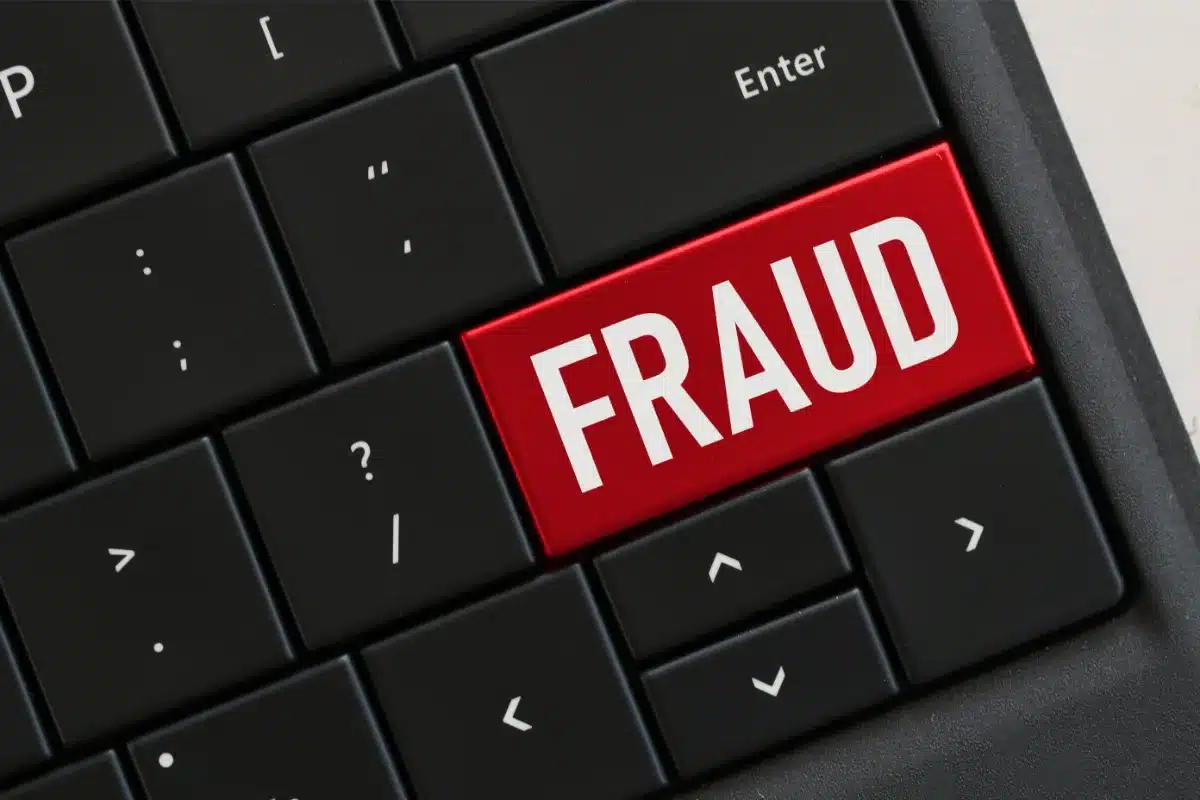WHAT IS HEALTH CARE FRAUD IN TEXAS? The Texas law against health care fraud prohibits fraudulent conduct committed against governmental health care programs. The statute contains 12 different ways in which the offense is committed. A person commits health care fraud by knowingly: making a false statement or misrepresentation of...













